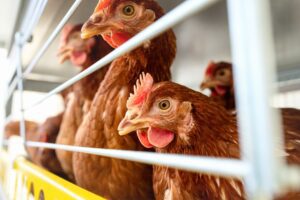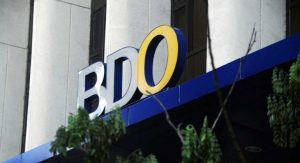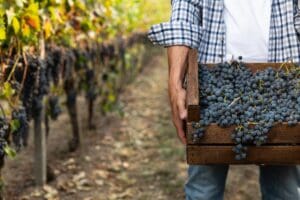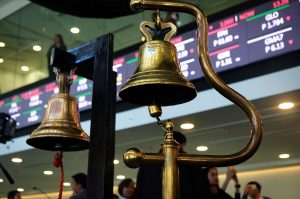Known more for its industrial heritage than its vineyards, Hull could one day rival Bordeaux in the world of fine wine, according to a new report forecasting how climate change is transforming global wine production.
The prediction comes from the first annual Fine Wines and Restaurants Market Monitor, published by consultancy firm Bain & Company, which outlines how rising temperatures are expected to shift the ideal growing regions for cabernet sauvignon — one of the world’s most prized red grape varieties — northward.
By 2100, Bordeaux is expected to be too hot and dry to support the grape, while parts of northern France, Germany, England and even southern Scandinavia could become ideal locations for its cultivation. According to the report, Yorkshire — with the cut-off point just north of Hull — could mark the most northerly viable zone in England for cabernet production.
Currently, southeast England is the only part of the UK where the grape can be grown successfully. The new projections suggest that Beverley could one day rival Bordeaux, and Leeds may become a future Loire Valley for wine lovers — although Middlesbrough and Scotland are expected to remain unsuitable due to cooler, wetter climates.
The report highlights the broader implications of global warming for the wine industry:
“Climate change is redrawing the wine map. Southern regions face rising temperatures of over 3°C from flowering to harvest in 2024, along with extreme droughts threatening traditional vineyards. Meanwhile, northern areas like Denmark will gain ground with longer growing seasons and milder conditions.”
It warns that without industry-wide action, cabernet sauvignon — once the hallmark of southern European vineyards — may find its future home in central and northern Europe.
To thrive, cabernet sauvignon needs temperatures between 20°C and 30°C, plus long hours of sunshine to ripen its thick-skinned grapes slowly and develop the complex, full-bodied character the wine is known for.
Growing wine in northern England today remains a challenge due to the cool, wet climate and shorter growing seasons, which can lead to under-ripened grapes with low sugar and high acidity — making the resulting wine overly sharp unless corrected.
England’s most northerly commercial vineyard, Ryedale near Malton in North Yorkshire, currently grows only cold-tolerant varieties like pinot noir, bacchus and rondo — grapes suited to the UK’s current climate.
According to the Met Office, the UK’s average temperature could rise by between 2.3°C and 5°C by 2100, depending on future emissions — opening the door to new agricultural possibilities, including wine production.
However, the report adds a note of caution for any would-be vineyard owners: much of Hull and the surrounding region is low-lying, and without adaptation, could be at risk of flooding from rising sea levels — potentially putting its Bordeaux-like future under water before it begins.
As the global wine industry confronts the realities of a warming planet, the next great wine regions may not be those with centuries of tradition — but rather, those with the right climate, resilience, and foresight.
















